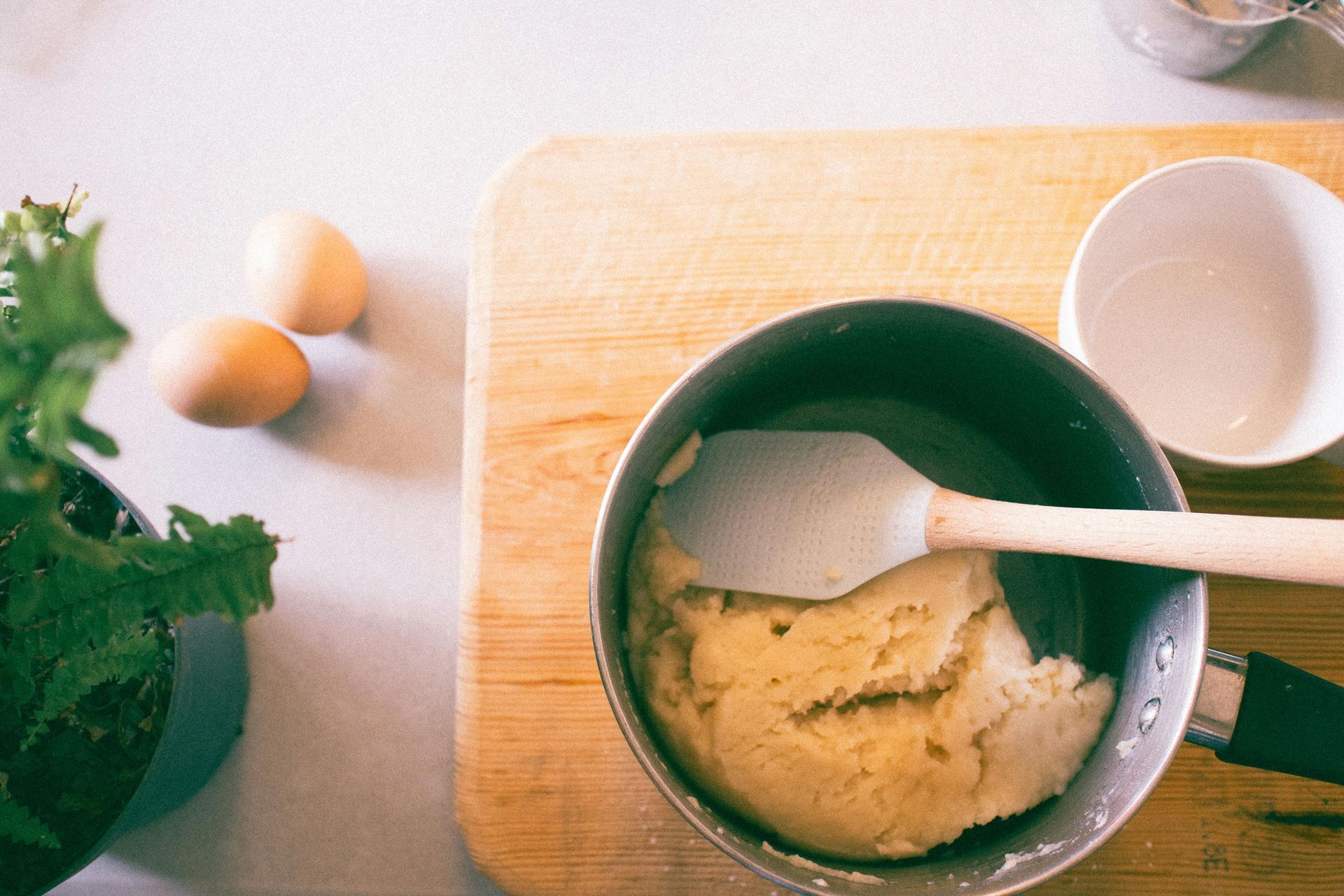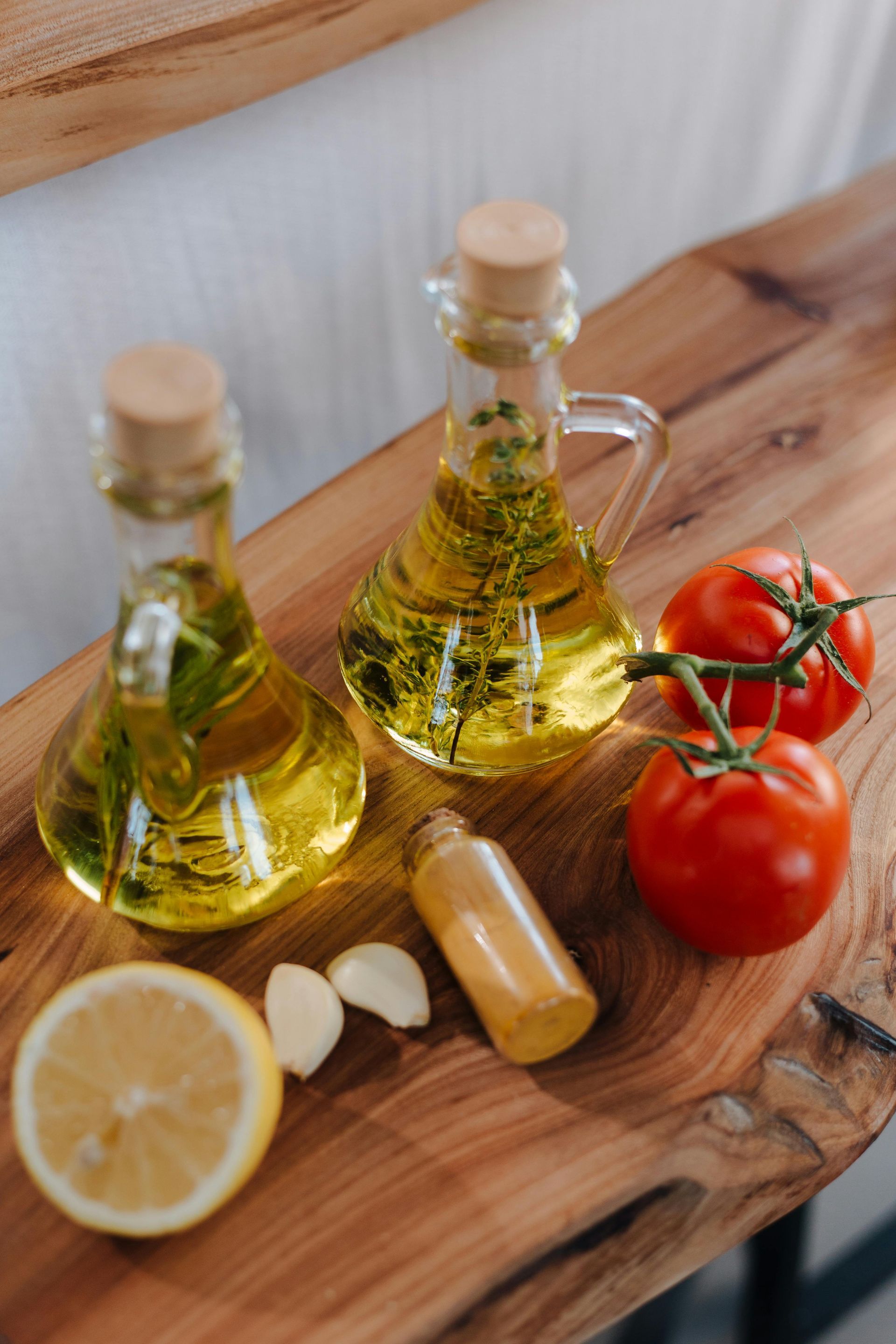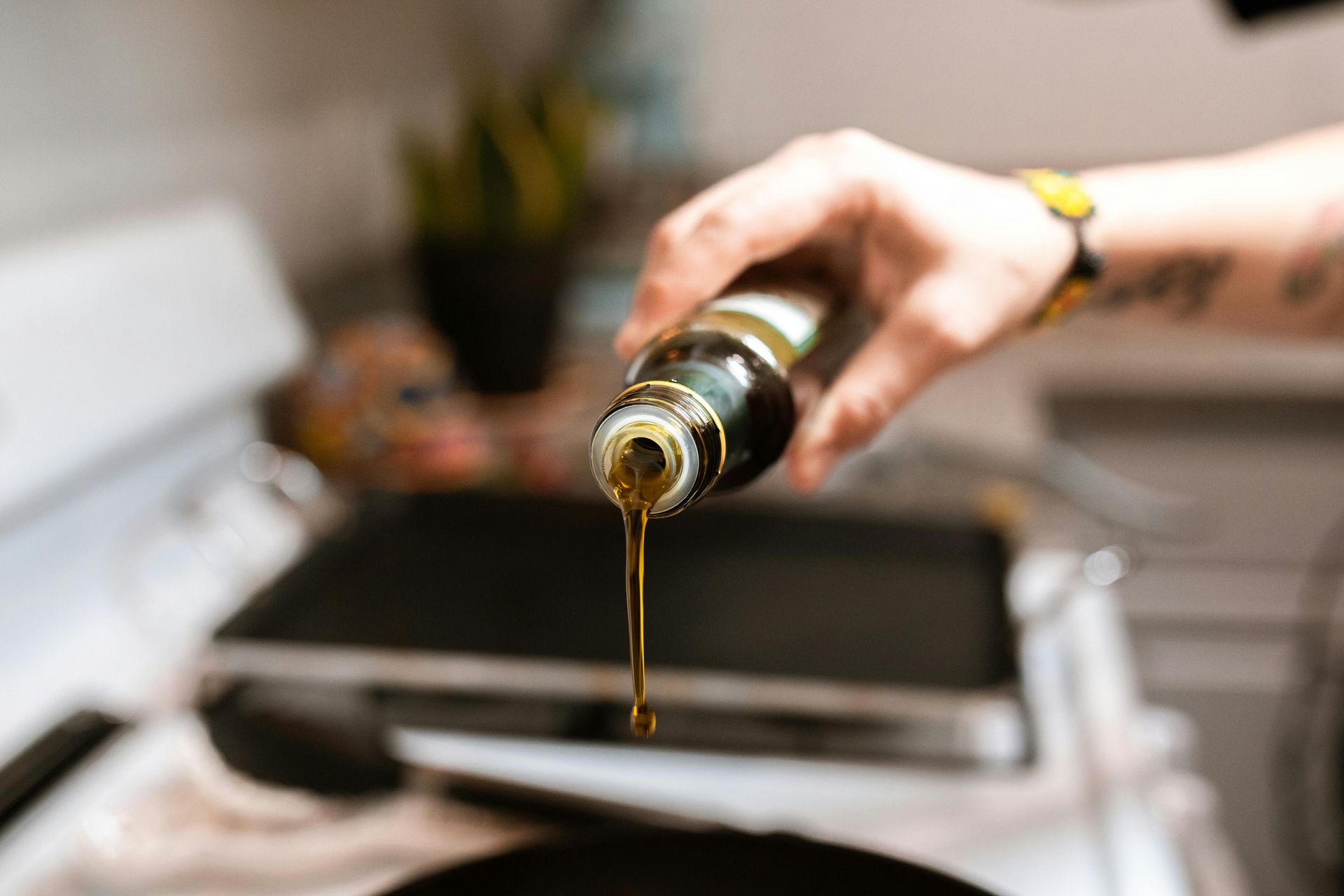How to Use Fresh Herbs to Elevate Any Dish
Fresh herbs can make all the difference in the flavor of a dish, bringing bright, bold, and fragrant notes to your cooking. However, knowing how to use herbs properly is key to unlocking their full potential. Here’s how to incorporate fresh herbs into your cooking to elevate the taste and presentation of your dishes.
Know When to Add Herbs
Timing is everything when it comes to herbs. Some herbs, like rosemary and thyme, can withstand longer cooking times and are best added early in the process. These "hard herbs" infuse your dishes with deep flavours as they simmer. On the other hand, "soft herbs" like basil, parsley, and cilantro are delicate and should be added at the end of cooking to retain their bright, fresh flavours. Overcooking soft herbs can cause them to lose their aroma and taste.
Pairing Herbs with Ingredients
Certain herbs pair naturally with specific ingredients. For example, basil is the perfect match for tomatoes, while dill complements fish beautifully. If you’re cooking chicken, try rosemary or thyme for a savoury twist. For a fresh, zesty flavour in salads or lighter dishes, cilantro and mint can work wonders. Experiment with combinations to find the herb that best enhances the natural flavours of your ingredients.
Fresh vs. Dried Herbs
While dried herbs have their place, fresh herbs deliver a more vibrant flavour and texture. As a general rule, if you’re swapping fresh herbs for dried, use about three times as much fresh herbs, as dried herbs have a more concentrated flavour. Keep in mind that dried herbs are best added early in the cooking process, while fresh herbs should be added at the end.
Store Herbs Properly
To keep herbs fresh longer, store them properly. For hardy herbs like rosemary and thyme, wrap them in a damp paper towel and place them in a sealed plastic bag in the fridge. For more delicate herbs like cilantro and parsley, trim the ends and place them in a glass of water, covering the leaves loosely with a plastic bag. Change the water every few days to keep them fresh.
Use Herb Garnishes
A sprinkle of fresh herbs can also add a final touch of flavour and a pop of colour to your dishes. Finely chopped parsley, chives, or cilantro can brighten up a plate of roasted vegetables, grilled meats, or soups. Don’t underestimate the visual appeal of herb garnishes—they can make your dishes look as good as they taste.
Using fresh herbs is one of the simplest and most effective ways to elevate your cooking. By knowing when and how to add them, and experimenting with flavours, you can enhance the taste and presentation of your meals.


